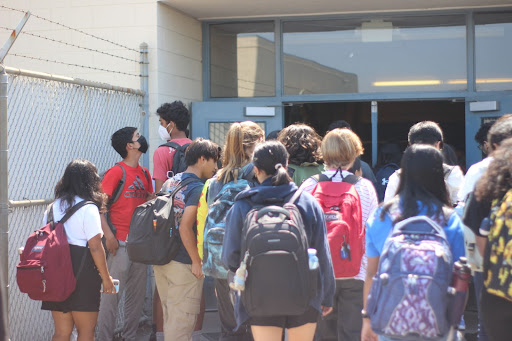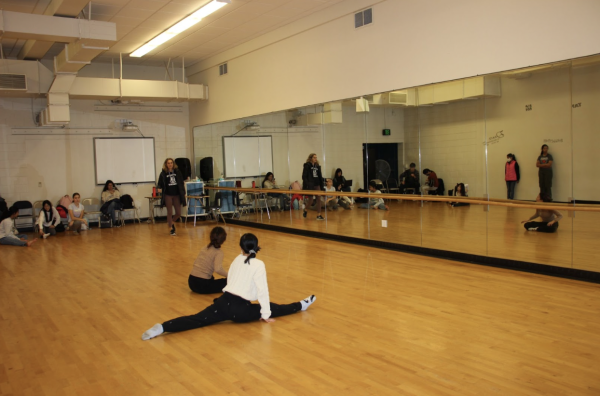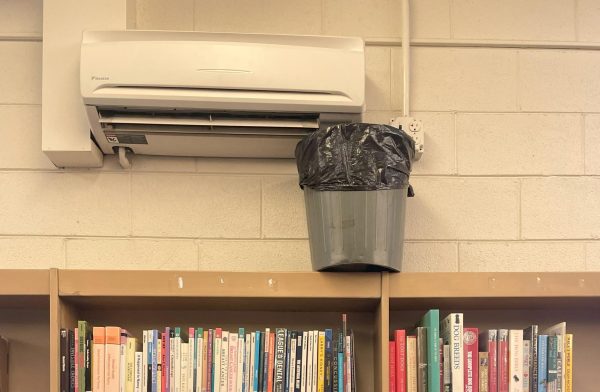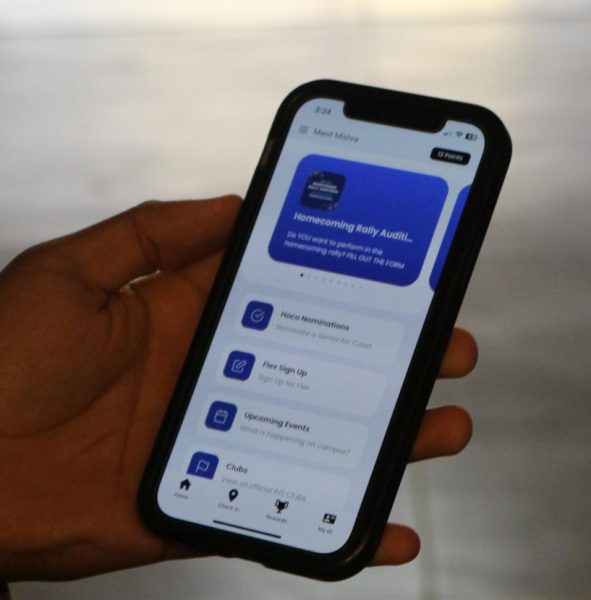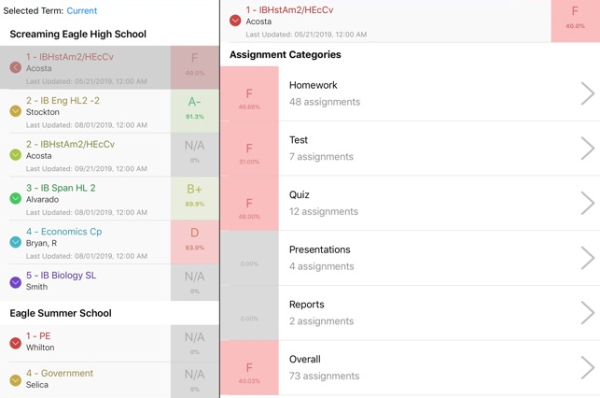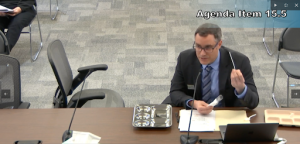Early Dismissal on Sept. 9th after Heatwave
From Sept. 6th through Sept. 9th, California experienced an unprecedented heat wave resulting in an early dismissal for Irvington students. While the administration tried its best to keep the school open throughout the week, they eventually chose to prioritize the health and safety of students and staff by closing school after fourth period on Friday. Irvington administration released an email to parents citing a lack of overall functionality of cooling systems due to power supply issues as the reason for the early release. This meant a majority of the campus was without cooled air indoors, and students were released so that FUSD’s outside contractor could work to fix AC units.
While the district explained that short-term solutions were what allowed the school to stay open up to that point, many teachers and students still share that they had a very negative experience. “A student in my class had to continuously wipe their keyboard off because beads of sweat were falling down,” said Mr. Daniel Vucurevich.
Other teachers held similar views.“I had to postpone all my real content because no one is learning when it is this hot,” said Ms. Shiantel Fields.
Students were also critical of the situation. “My math class with Ms. Mohandas was one of the several classrooms affected by the heatwave,” says Sara Sahul Hameed (12). “I had a genuinely suffocating experience with the heatwave.”
Many teachers also believed that the problem was more deep-rooted than it appeared. “The AC never stopped running but the problem is that our units are not big enough to cool classrooms of our size,” explains Mr. Vucurevich, “ACs get overburdened and consequently shut down.” Other teachers believe that a reason this situation became so severe is overdue AC maintenance.
“I think the debacle with ACs shutting down could have been prevented because we have all except my entire time at Irvington, we have had AC issues, I did not have functioning AC until this year, and well, clearly doesn’t function now,” said Ms. Fields.
Ms. Hallford cited similar issues with AC maintenance, sharing that “[her] AC unit wasn’t working and had not been working since even prior to the start of school”.
To this issue, several other teachers voiced their concerns. “There’s going to be more of these…I would encourage [administration] to prioritize budget and human resources towards finding long term fixes to our HVACs and not short term ones,” said Ms. Fields.
The administration states that in the wake of the heat wave, they did everything possible. “Some emergency repairs needed to start earlier given the strain on our HVAC,” said Mr. Jason Aucoin, an Assistant Principal. “We have established really strong communication with the district office and my task was to be in contact with the Superintendent’s office to make it clear to them what our situation was.”
Despite disagreements, there is a general consensus that letting students out early to fix the AC units on Friday September 9th was a necessary decision. “It’s not what I like because it’s disruptive to my schedule,” said Ms. Fields. “But, I do find it necessary if classrooms are getting to 90 degrees, which some of them have been. I already know of students this week who’ve gotten heatstroke.”
Due to these experiences of students and teachers, it is clear that canceling school was a choice that needed to be made for the sake of student health. However, if the school had sufficient AC units and properly maintained HVACs, then it is likely that such extreme measures as early release of students would not have been necessary in the first place. As cases of extreme weather become more common due to climate change, hopefully the school and district will be able to learn from this experience and be able to prevent similar situations from happening in the future.




